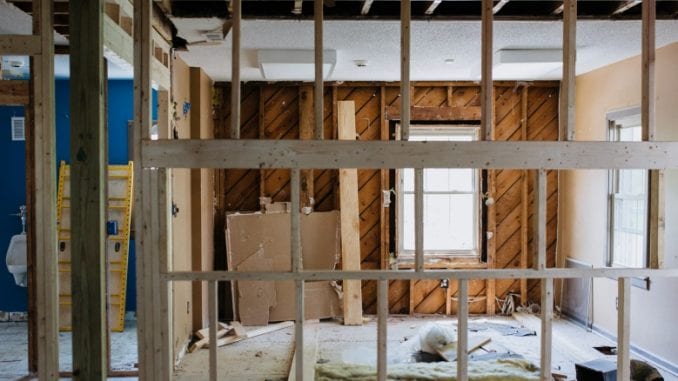
Opening a coffee shop is a true labor of love, though sometimes it feels like just plain labor. Future shop owner and frequent Barista Magazine Online contributor Diana Mnatsakanyan-Sapp details some of the less-talked-about and unexpected aspects of opening a brand new shop.
BY DIANA MNATSAKANYAN-SAPP
SPECIAL TO BARISTA MAGAZINE
Photos by Elli McGuire
If I’ve learned anything about opening a café in the last year, it’s that Instagram is full of lies. Social media paints a well-lit picture of seamless construction projects, well-dressed entrepreneurs, and smiling, happy faces. Sitting in the shell of a coffee shop that has been under construction since December 2016, I can assuredly say that it’s all a farce.
The internet has provided little guidance, in my experience. Articles and advice columns surrounding the specialty-coffee industry seem to primarily highlight the fun, sexy aspects of coffee start-ups. There are entire websites and comment threads dedicated to debating the pros and cons of one espresso machine over another, yet no one seems willing to discuss how they finance the thing without missing rent.
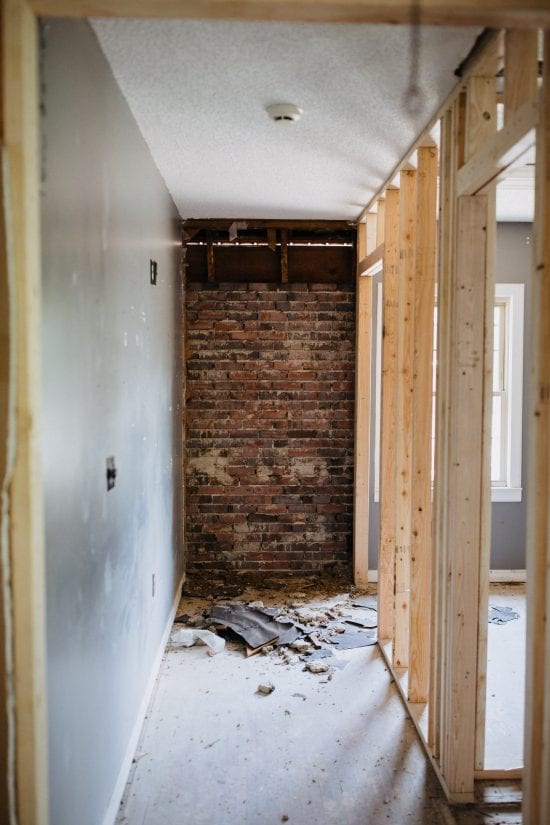
The only solace I’ve managed to find is among my coffee friends, in the face-to-face conversations where I explain for the thousandth time why we aren’t open yet, and they laugh and tell me about their own nightmarish experiences with opening their cafés. I’m both comforted (“Hey, I must not be the only moron going through this!”) and shocked (“But everything looked so pristine on the internet!”). It seems that there are two common threads amongst us all: opening a coffee shop is hell, and we’re all determined to grit our teeth and smile through it, no matter what.
In writing this series, I hope to shed light on the less-glamorous details surrounding the process of opening a café. I’ve enlisted the help of coffee professionals across the nation to share their perspectives, advice, and opinions on this subject. Reading this series will not erase the inevitable growing pains and frustrations that you face every day as an entrepreneur—there is no formula or magic wand to make those challenges disappear. There is, however, the opportunity to learn from others, and the assurance that yes, it does suck, and yes, you will survive this too.
±±—
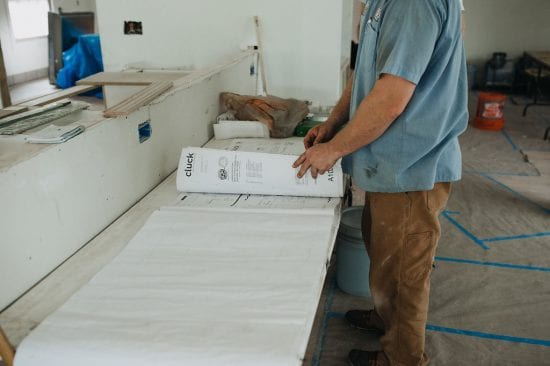
Part 1: Setting Yourself Up for Success
There are a number of deceptively small tasks that you’ll need to complete before you can begin making even the most basic decisions for your business. This portion of your entrepreneurial journey can feel very tedious at times, but don’t let it lull you into making careless mistakes that will cost you dearly in the future.
Get Your Paperwork in Order
Starting a business from scratch entails filling out and sifting through a ton of paperwork. You’ll have to write a business plan, research and find a name for your business, ensure said name is not already trademarked by someone else, choose the legal structure of your business (there are more than one that could apply to your company), submit the necessary IRS forms, create contracts with your partners/landlord/employees/vendors, and much more. Finding a reputable, knowledgeable attorney can get you off on the right foot. A good attorney will be like a teammate, helping to alleviate stress, reducing your workload, and protecting you when you didn’t even know you needed it. It pays to have a great lawyer on your side.
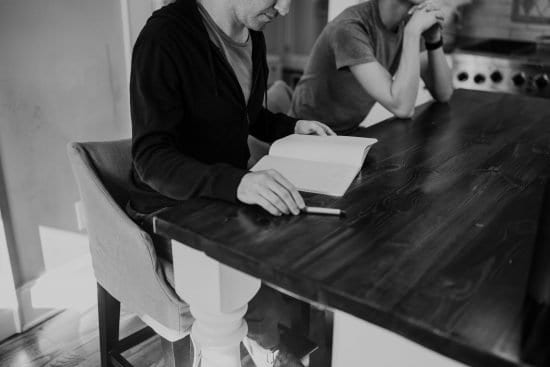
Begin Bookkeeping Immediately
If you think you’ll need to hire an accountant only after you’ve got employees on payroll, think again. An accountant can do more than help you file your taxes or divvy up the payroll. They can assist in the development of a savvy, long-term financial strategy for your business, find creative ways to stretch your budget (read: save you money), and give you the peace of mind that the IRS won’t come knocking a few years down the road because you made a careless mistake. You can prevent a number of potential headaches by proactively working with a financial professional from the very start.
Go Overkill on Your Budget
Summit Coffee recently opened a retail location in Asheville, N.C. When asked what they could have done differently in regards to their financial planning for this project, owner Brian Helfrich lamented using broad strokes in his budget outline, noting that he would have preferred to have spent an extra two to three weeks working out the details. “With lots of little expenses, we estimated sums of money,” he said. “But when it came down to the end and we had to actually purchase the wares and the smaller pieces of equipment, our rough budget wasn’t very helpful.” There is no way to over-emphasize the need for a comprehensive, well-planned budget. Take your time, consider every possible expense, and try to get as detailed as possible when you crunch the numbers.
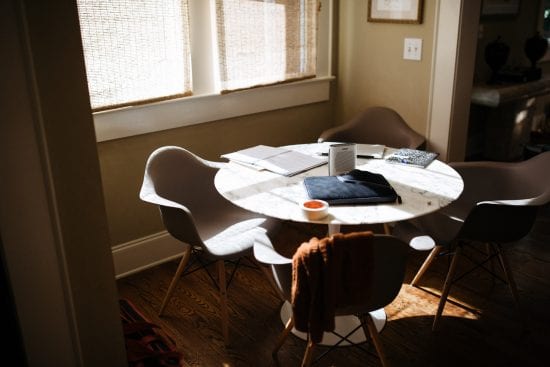
Meticulous planning will only get you as far as … well, your plans. When plans go awry (as they often do), it’s good to be prepared. Many café owners suggest over-budgeting as a financial strategy. “When factoring the amount of start-up capital you’ll need, do all of your research to build your budget and then, as the very last step, increase it by at least 50 percent (if not 100 percent),” says Laura Sorensen, the owner/operator of Stonefruit Espresso. “There are so many unforeseen costs and delays in build-out, no matter how thoroughly you think you’ve researched.” When it comes to budgeting for your build-out, you’re better off playing offense.
—
In the second part of this series, we’ll discuss how to find a great location, how to navigate rental negotiations, and the importance of outsourcing. Stay tuned!
 ABOUT THE AUTHOR
ABOUT THE AUTHOR
Diana Mnatsakanyan-Sapp is the co-creator and director of operations at Undercurrent Coffee in Charlotte, N.C. She is an SCA specialized instructor, trainer, and examiner, mother of two cats, and a semi-amateur Netflix marathoner. She can be reached at diana@undercurrentcoffee.com.


I currently started an website sales only for my home-roasted coffee (http://javajscoffee.com). I’ll be relaunching Jan. 1 with an updated pricing strategy, etc. I’m in the beginning process of looking for/constructing my first physical location. I’m currently thinking of starting with a drive-thru type kiosk versus full shop to start. Looking forward to reading this series of articles.
Timely article for us. We have our building, PO’s for equipment purchases, staff lined up, suppliers at the ready. Just working on equipment financing. This has been our biggest time drag. We bought a restored Victorian in our towns historical district. So the SBA people backing the loan have lots of questions for us. It is an exercise in patience, that’s for sure.
Ron Wright
Backhouse Café Coffee & Tea